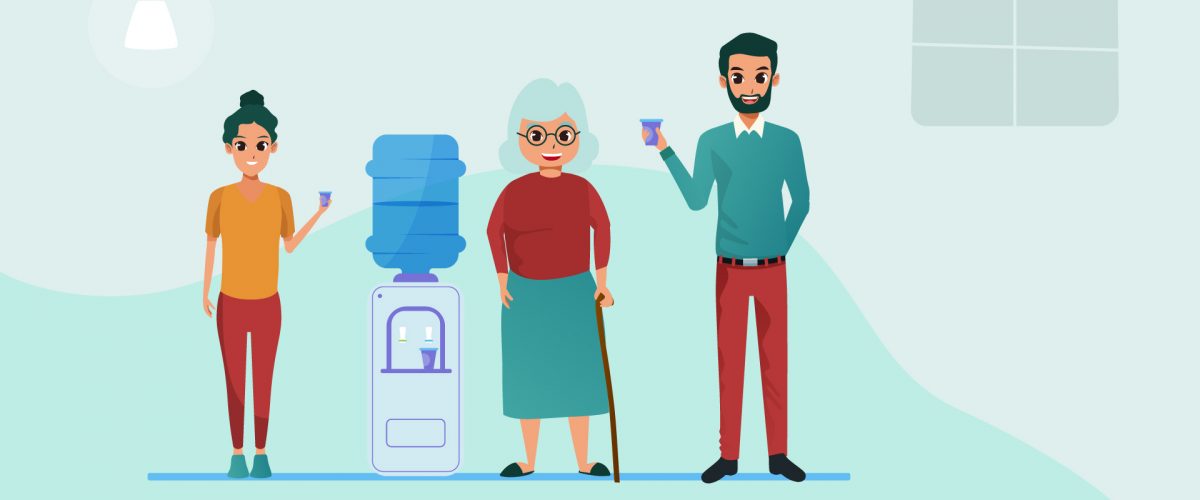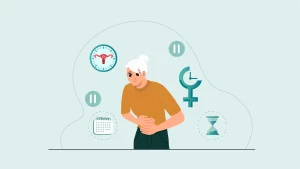You feel itching, burning, eye fatigue… What if all of this was related to your hydration?
Good hydration is necessary for the smooth functioning of the human body which is 60% water. The eyes are no exception, as the tear film, which covers and protects the surface of the eye, is 98% water: it is the aqueous layer which hydrates and nourishes the cornea.
As a result, if you are not sufficiently hydrated, your body will draw on your water reserves to meet your vital needs as a matter of priority, at the expense of your eyes. This logic favours dry eye due to water deficiency, i.e. the insufficient production of the aqueous layer of tears.
What can you do?
To limit dry eye sensations due to water deficiency, it is important to provide your body with enough water. To stay hydrated, it is advisable to drink an average of 1.5 litres of water per day. This figure may vary depending on your daily activity, diet or local climate.
It is important not to wait until you feel thirsty to keep hydrated. This sensation is an “alert message” from your body, telling you it does not have enough water. Try to drink regularly throughout the day. You can do this by keeping a bottle with you at all times, setting hydration schedules or goals. For example, drink 500 ml in the morning, or drink herbal tea every day with your snack.
And add a bit of variety to prevent boredom! Still water, sparkling water, herbal tea, hot tea, iced tea or lemonade… can make up your daily water intake.
Also remember to hydrate before, during and after a sporting activity to compensate for your body’s loss of water due to sweating caused by exertion.
You may have read it in our previous news item, Dry eye and holidays in the sun, in summer your ocular surface is put to the test by a number of factors (heat, sun, air conditioning, chlorine, etc.). During this period, and/or depending on your local climate, it is all the more important to make sure you stay hydrated, to compensate for dehydration caused by sweating but also to limit the impact of the factors conducive to dry eyes.
Lastly, drinking is not enough to stay hydrated. Fruit and vegetables are foods with a high water content that can supplement your daily intake.
IF YOU ARE SUFFERING DUE TO DRY EYE, PLEASE SEE AN OPHTHALMOLOGIST.




